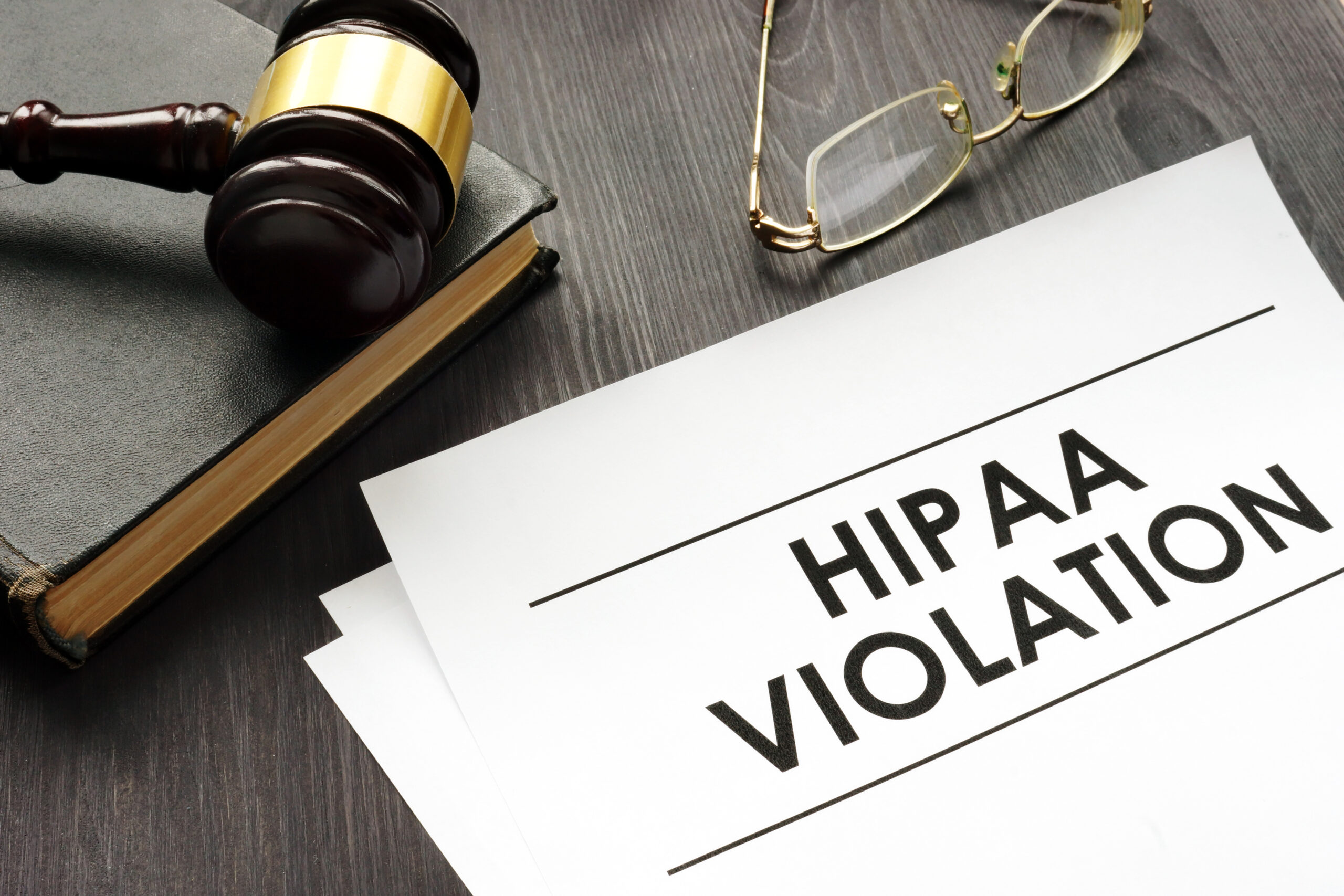Can I Sue for a HIPAA Violation? Your Rights and Legal Options Explained

The Health Insurance Portability and Accountability Act (HIPAA) was enacted to protect the privacy and security of your health information. Under HIPAA, healthcare providers, insurance companies, and other entities handling your medical data are required to follow strict regulations to keep your information secure. But what happens if there’s a breach of your protected health information (PHI)? Can you sue for a HIPAA violation?
At Gordon Law Group LLP, we frequently receive questions from clients in Boston and across Massachusetts about HIPAA violations and the legal remedies available. In this blog, we’ll answer the question: Can you sue for a HIPAA violation? And if so, what steps should you take?
What Is a HIPAA Violation?
A HIPAA violation occurs when a covered entity, such as a healthcare provider or insurance company, fails to comply with the regulations set forth by HIPAA. Common HIPAA violations include:
- Unauthorized Access: When someone who is not authorized views or accesses your medical records without your consent.
- Improper Disclosure: Sharing your protected health information with unauthorized individuals or entities.
- Data Breaches: Failing to secure medical records, leading to exposure or theft of your health information.
- Lack of Safeguards: Not implementing adequate safeguards to protect your medical information, such as secure systems or proper staff training.
If your health information has been mishandled or improperly disclosed, you may feel violated and concerned about the potential consequences. But can you sue for a HIPAA violation directly?
Can You Sue for a HIPAA Violation?
The short answer is no, you cannot sue for a HIPAA violation directly, because HIPAA does not provide a private right of action. This means that individuals cannot file a lawsuit against a healthcare provider or entity solely based on a HIPAA breach. Instead, the law allows the Department of Health and Human Services (HHS) to enforce HIPAA regulations and issue fines or penalties against violators.
However, while you cannot sue directly under HIPAA, there are still legal avenues available if your privacy has been violated.
Indirect Legal Claims for HIPAA Violations
Even though you cannot sue directly under HIPAA, you may be able to pursue legal action under other laws if you have suffered harm due to a breach of your medical information. Here are some potential legal claims:
- Breach of Privacy: If your confidential medical information was disclosed without your consent, you may be able to file a lawsuit for invasion of privacy under state law.
- Negligence: If a healthcare provider’s failure to implement proper safeguards led to a data breach that caused you harm, you might have a negligence claim.
- Emotional Distress: In some cases, the unauthorized disclosure of sensitive health information can cause severe emotional distress. You may be able to seek compensation for the impact on your mental and emotional well-being.
Steps to Take If You Believe Your HIPAA Rights Were Violated
If you suspect that your protected health information has been mishandled or improperly disclosed, it’s important to take action promptly:
- File a Complaint with the Office for Civil Rights (OCR): You can file a complaint with the Department of Health and Human Services’ Office for Civil Rights, which enforces HIPAA regulations. The OCR may investigate the claim and impose penalties on the violator.
- Document the Violation: Keep detailed records of the suspected violation, including any communications with the healthcare provider or entity involved. This documentation can be crucial if you decide to pursue legal action.
- Consult with an Experienced Attorney: Contact an attorney who specializes in healthcare privacy or personal injury law to discuss your case. At Gordon Law Group LLP, we can help you determine if you have grounds for a lawsuit based on state laws or other legal theories.
How Gordon Law Group LLP Can Help
If you believe your HIPAA rights have been violated, it’s crucial to seek legal guidance. While you cannot sue directly under HIPAA, you may still have a valid claim under state privacy laws or for damages resulting from the violation. At Gordon Law Group LLP, we have extensive experience handling privacy and negligence claims and can help you navigate the legal process.
Our skilled attorneys will assess the specifics of your case, advise you on your legal options, and work tirelessly to hold the responsible parties accountable. We are committed to protecting your rights and securing fair compensation for the harm you have suffered.
Contact Us for a Free Consultation
Don’t wait to take action if you believe your privacy rights have been violated. Contact Gordon Law Group LLP today at (800) 403-7755 or visit our website at www.gordonllp.com to schedule a free consultation. Let us help you understand your options and pursue the justice you deserve.






